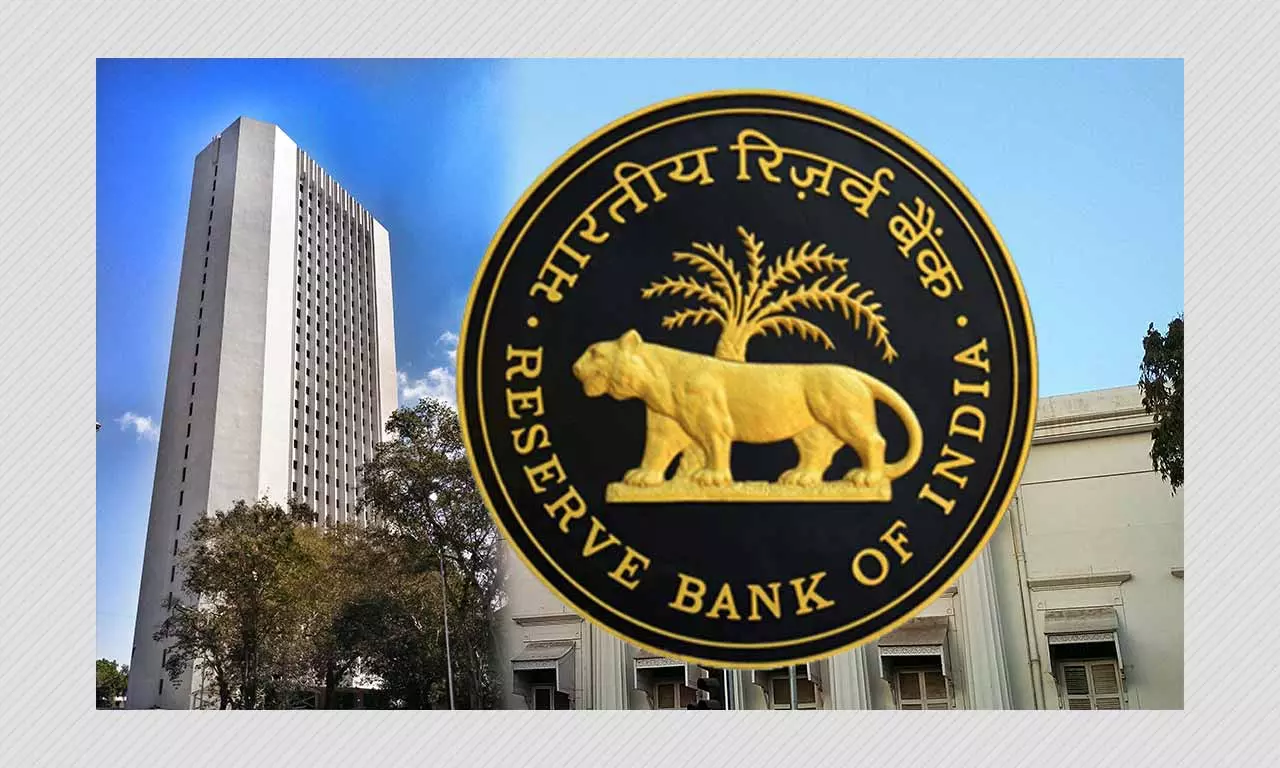Banks Write Off ₹10.5 Lakh Crore in 5 Years; NPA Recovery at ₹7.1 Lakh Crore; How Loan Waivers Is A Double-Edged Sword?
In a recent disclosure to the Parliament, the Minister of State for Finance, Bhagwat Karad, revealed startling figures regarding the write-offs by scheduled commercial banks (SCBs) over the last five financial years. A staggering ₹10.57 lakh crore has been written off, with a significant portion dedicated to loans associated with large industries. The colossal amount of write-offs, particularly the ₹5.52 lakh crore attributed to loans linked to large industries, unveils a dark side to the banking sector's practices.

According to the Reserve Bank of India (RBI) data, Banks have written off a substantial amount of ₹10.57 lakh crore from FY 2018-19 to FY 2022-23, revealed Minister of State for Finance Bhagwat Karad said in reply to a question in the Rajya Sabha.
Out of this, ₹5.52 lakh crore pertains to loans linked to large industries; However, amidst these write-offs, there has been a parallel effort to recover NPAs.
The SCBs have managed to recover ₹7.15 lakh crore during the same five-year period, showcasing a proactive approach to mitigate losses.

Borrower Liabilities and Write-Off Impact
Minister Bhagwat Karad clarified that write-offs, while impacting banks’ balance sheets positively, do not absolve borrowers of their repayment responsibilities.
Despite loans being written off, borrowers remain liable for repayment, and banks continue pursuing recovery through various mechanisms, dispelling the misconception that write-offs benefit borrowers emphasizing the ongoing commitment to holding defaulting entities accountable.
Loan Waivers and Industrial Sector Impact
The government also disclosed that banks waived loans amounting to ₹10.6 lakh crore in the past five years, with over 50% associated with large industries and the services sector.
In FY 2022-23 alone, loans worth ₹2.09 lakh crore were waived, with more than half directed towards large industries and services.
Thus, it raises questions about the impact of loan waivers on the overall health of the banking and targeted sectors.
Defaulting Entities and Non-Disclosure
Interestingly, Minister Karad highlighted that nearly 2,300 borrowers, each with loans of ₹5 crore or more, have wilfully defaulted around ₹2 lakh crore.
However, the names of these defaulting entities were not disclosed, citing RBI regulations that prohibit the disclosure of borrower-wise credit information.

RBI’s Proposal and Union Opposition
In June of the current year, the RBI proposed a “compromise settlement” with wilful defaulters, a move opposed vehemently by bank unions.
The unions argue that such compromises compromise the integrity of the banking system and shift the burden of misdeeds onto ordinary citizens and hardworking bank employees, calling for accountability and questioning the delay in publishing the list of top wilful defaulters.
The Viewpoint
The recent revelation by the Minister of State for Finance, Bhagwat Karad, regarding scheduled commercial banks (SCBs) writing off a staggering ₹10.57 lakh crore in the last five financial years raises concerns about the health of the banking sector.
While there have been efforts to recover non-performing assets (NPAs), the significant write-offs and associated loan waivers bring to light the negative aspects of this financial landscape.
The Dark Side
The colossal amount of write-offs, particularly the ₹5.52 lakh crore attributed to loans linked to large industries, unveils a dark side to the banking sector’s practices.
The write-offs may be seen as a mechanism for banks to clean up their balance sheets, avail tax benefits, and optimize capital.
However, the impact on the overall financial stability and accountability of the sector raises critical questions.
Opaque Borrower Defaults
The revelation that nearly 2,300 borrowers, each with loans of ₹5 crore or more, have wilfully defaulted around ₹2 lakh crore, but their names remain undisclosed, adds to the opacity of the banking system.
The non-disclosure, citing RBI regulations, raises concerns about transparency and accountability. It leaves the public and stakeholders in the dark about which entities are responsible for significant defaults.

Loan Waivers Is A Double-Edged Sword
While the government disclosed that banks waived loans worth ₹10.6 lakh crore in the past five years, with over 50% linked to large industries and services, the question arises – does this approach truly benefit the economy?
One could argue that massive loan waivers, especially when directed towards large industries, may inadvertently create a moral hazard, encouraging risky financial behaviour and deterring responsible lending practices.
RBI’s Compromise Settlement Proposal
The RBI’s proposal for a “compromise settlement” with wilful defaulters has faced strong opposition from bank unions.
Many argue that such compromises compromise the integrity of the banking system and shift the burden of misdeeds onto ordinary citizens and bank employees.
This opposition is genuine and raises concerns about the ethical implications of allowing defaulters to settle their loans without facing the full consequences of their actions.
Challenges to Financial Stability
The overall impact of these practices on financial stability cannot be ignored.
The lack of robust mechanisms to hold defaulting entities accountable, coupled with the continuous write-offs, poses a threat to the stability of the banking sector.
It remains to be seen whether the current trajectory is sustainable in the long run and what regulatory measures need to be in place to safeguard against systemic risks.
The Last Bit, While the write-offs and recovery efforts by SCBs are aimed at mitigating losses and cleaning up their balance sheets, the negative aspects, including non-disclosure of defaulting entities, the moral hazard of loan waivers, and opposition to compromise settlements, raise serious concerns.
The revelation of substantial write-offs by banks, coupled with the ongoing efforts to recover NPAs, highlights the complexity and challenges faced by the banking sector.
The lack of transparency in disclosing defaulting entities and the opposition to compromise settlements raise critical questions about accountability and the overall health of the financial system.
A comprehensive and transparent approach is needed to ensure the financial stability of the banking sector and maintain public trust in the financial system.






